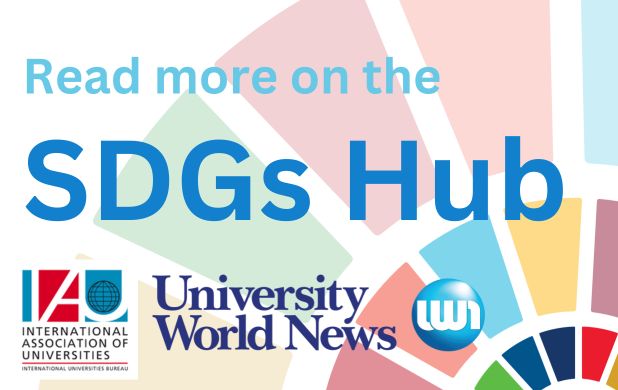EAT-Lancet Commission 2025

The EAT-Lancet Commission 2025 report, Healthy, Sustainable, and Just Food Systems, calls for a global transformation of the food system to protect the planet, improve health, and promote social justice. Produced by an international team of experts and featuring major contributions from researchers at the Stockholm Resilience Centre (SRC) at Stockholm University, the report finds that five of the seven planetary boundaries already exceeded are driven primarily by today’s food systems.
The updated “planetary health diet” provides scientific guidelines for eating within the planet’s limits. It emphasizes more whole grains, legumes, fruits, vegetables, and nuts, while reducing red meat and other animal products. Globally adopting this diet could halve food-related greenhouse gas emissions and prevent up to 15 million premature deaths each year. The report also identifies the social foundations necessary for a fair food system - such as the right to food, decent work, and a healthy environment - yet finds that 3.7 billion people currently lack these conditions, and only 1% of the world’s population lives within a safe and just food system.
The commission’s modelling shows that meeting dietary goals would require global production of legumes to increase by up to 190%, vegetables by around 45%, and livestock production to fall by about 25%. Researchers estimate that transforming the global food system could yield benefits worth ten times the investment needed, though it will require up to $500 billion annually to fund the transition.
SRC director Professor Line Gordon and colleagues stress that justice and equity must be central to this transformation. They call for political leadership, business engagement, and public demand for change, along with policies such as subsidies for fruits and vegetables, taxes on unhealthy foods, and support for sustainable farming. As Professor Johan Rockström notes, uniting the latest science on health and climate shows that “what we put on our plates can save millions of lives, cut billions of tonnes of emissions, halt biodiversity loss, and create a fairer food system.”
In short, the EAT-Lancet 2025 report argues that transforming how the world produces and consumes food is essential not only for the planet’s survival but also for human health, justice, and prosperity.


